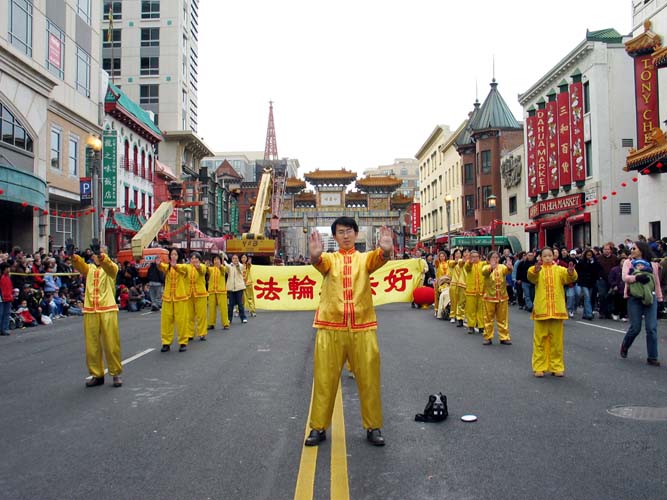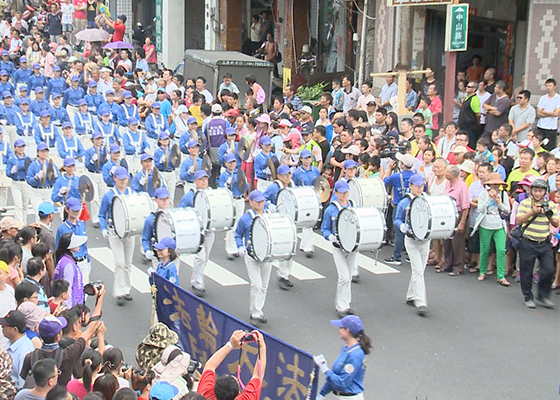

“People just don’t truly understand Falun Dafa, Dragon Springs,” said Gail Rachlin, an area resident and spokeswoman for Falun Gong. A separate suit, filed in 2015 by 10 Chinese-American Dragon Springs residents who claimed the town supervisor was improperly challenging their right to vote, was later withdrawn.

Members of the group claimed they were patronized by officials as “these people” and “Moonies,” according to court filings. The group claimed in a 2013 federal lawsuit that town officials were handling its planning approvals in a way that violated its religious rights. Town officials could reach a decision in the coming months.ĭragon Springs has had its own complaints over the years. The town’s planning board will accept written comments from the public on the expansion plans until May 8. The Delaware Riverkeeper Network wrote that the proposed development, including the wastewater plant and elimination of wetlands, could be “devastating” to the local stream, the Basher Kill and the trout-rich Neversink River. “What they do behind their walls is another story.” “Individually they are very nice, always been friendly,” said neighbor Bob Majcher. On warm days, practitioners can occasionally be seen doing their slow, fluid exercises together outdoors. Beyond Dragon Springs, more Falun Gong practitioners live in homes in Deerpark and surrounding towns. The compound site hosts an arts college that acts as a feeder for Shen Yun and a secondary school. The Chinese embassy’s website calls the performances “a tool of the cult and anti-China propaganda.” Some attendees have reported the shows include pro-Falun Gong and anti-communist messages. Their shows feature elaborate dance numbers against colorful backdrops of traditional China, with dozens of performers doing acrobatic leaps in flowing traditional garb. Shen Yun, which has five troupes of dancers, rehearses at Dragon Springs when it isn’t playing heavily promoted performances in some of the top venues in London, New York, Los Angeles, Washington and San Francisco, to name a few. Lawyers did not answer a question about Dragon Springs’ revenues. Lee answered questions emailed to his lawyer by The Associated Press. “It’s like a small city - little by little, through segmentation with one plan and then another plan,” said Grace Woodard, a Dragon Springs neighbor.ĭragon Springs president Jonathon Lee emphasized his group is considerate to its neighbors, noting that the setting for the group’s compound, nestled amid mountains and lakes, holds great cultural significance, especially for Buddhist reflection. And they say it has grown far beyond what was initially described as a modest refuge. Under the proposal, the entire site would be able to accommodate 500 residents.īut critics say the problem is that Dragon Springs has flouted environmental and land-use regulations for years, sometimes building first and asking permission later. They’re also seeking a new parking garage, a wastewater treatment plant, and conversion of a meditation hall to a residence hall. Now they’re asking for an expansion that would include a 920-seat music hall that, along with other public areas on the site, could generate up to 2,000 visitors a day, according to environmental impact filings. Few others get to set foot on the property, which sits deep in the woods behind guarded gates.

Dragon Springs said 100 people, mostly students, live there. Practitioners have long said that the cult label is propaganda and that they have been politically persecuted in China.Īfter years of additions, the lakeside site features Tang Dynasty-style buildings along with modern, boxy buildings that would fit into a contemporary office park. The tax-exempt religious site was acquired in 2000, just a year after the Chinese government officially banned Falun Gong. Dragon Springs sits on 400 acres about an hour’s drive northwest of New York City.


 0 kommentar(er)
0 kommentar(er)
